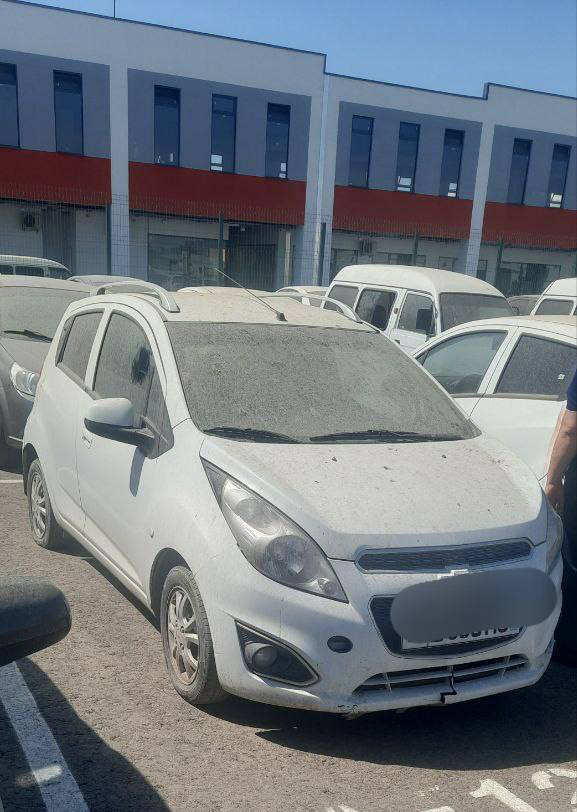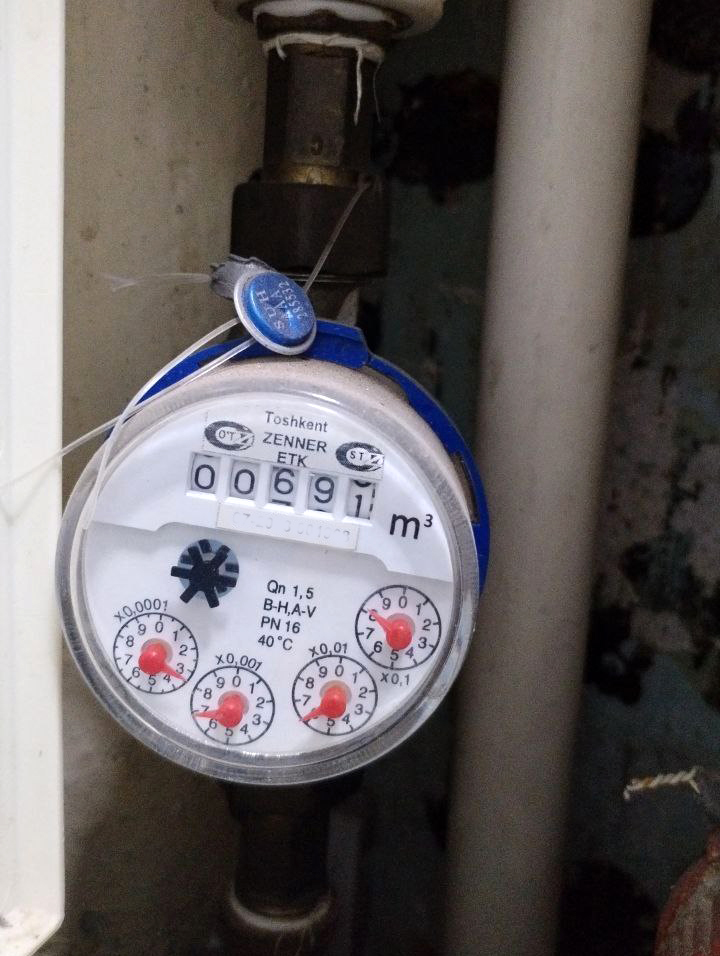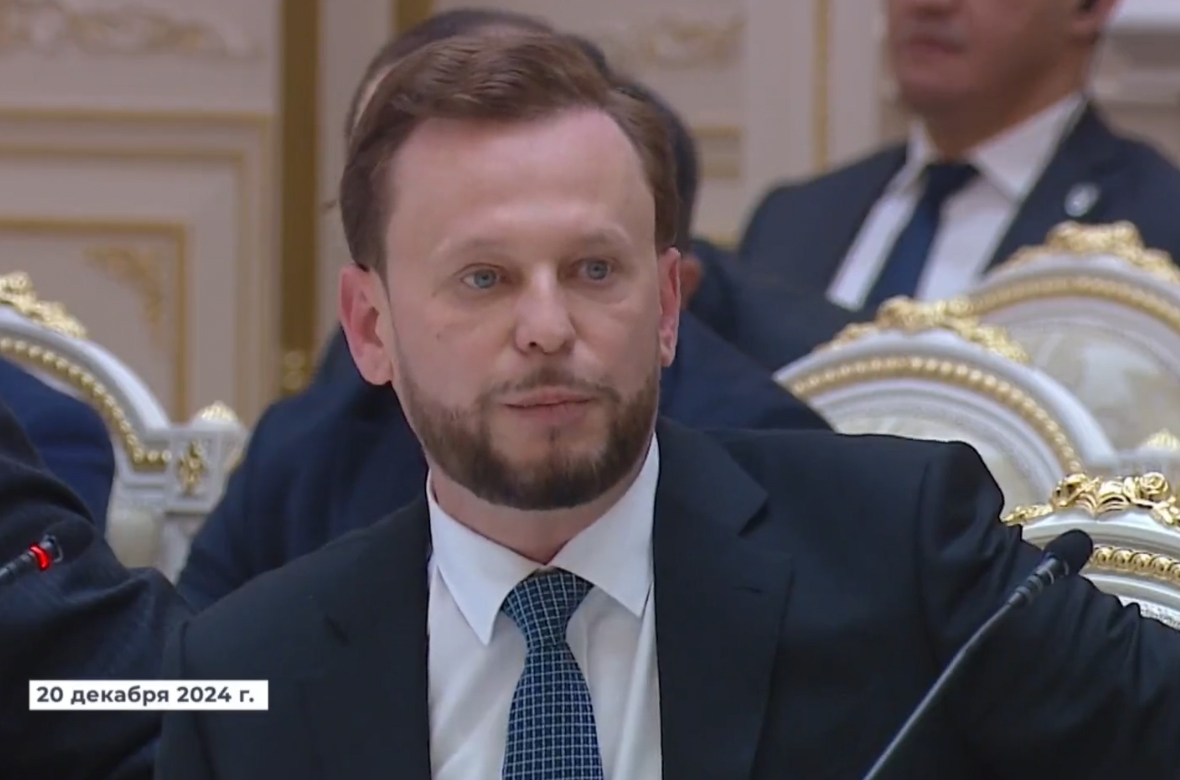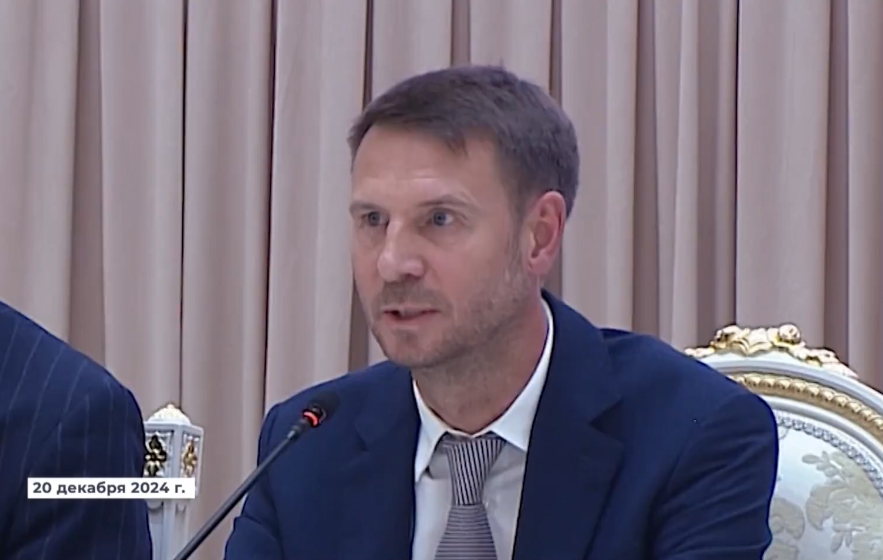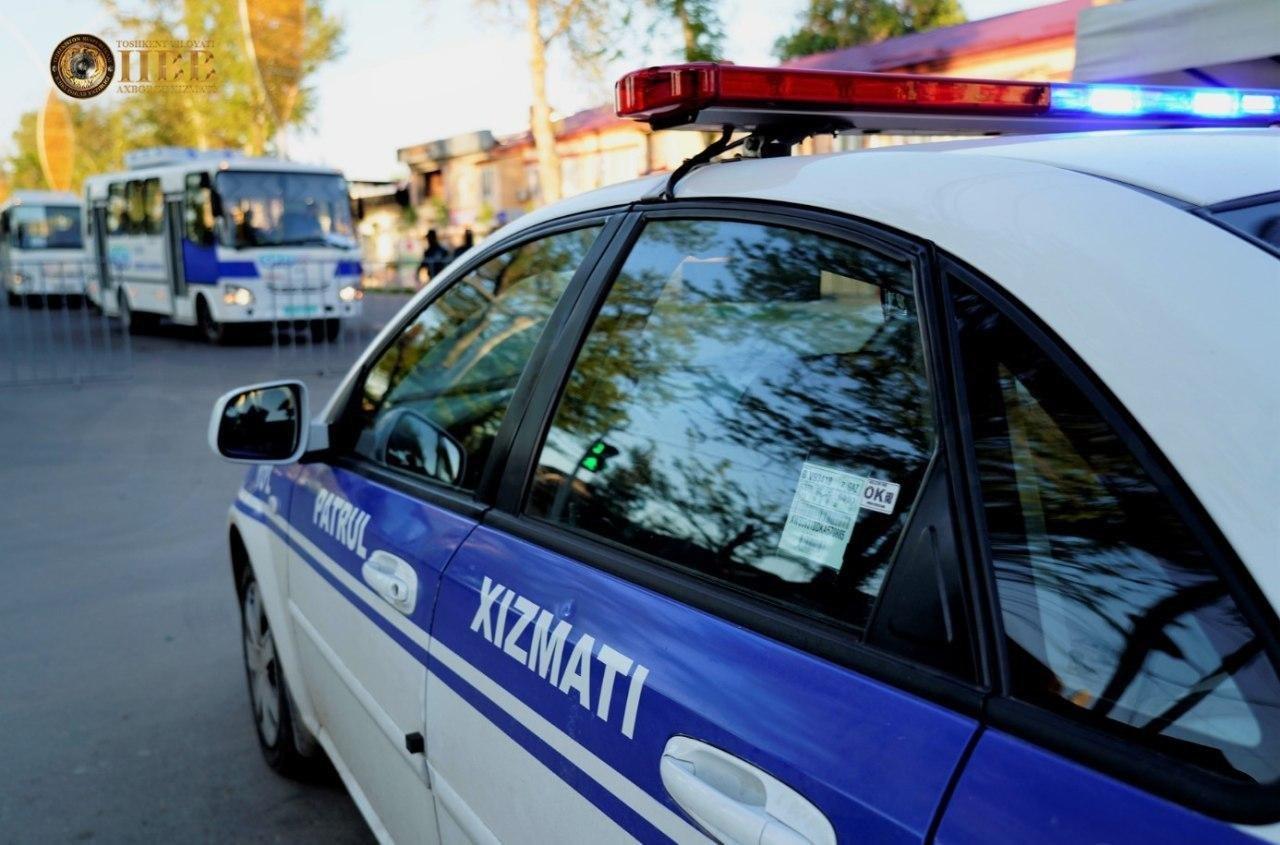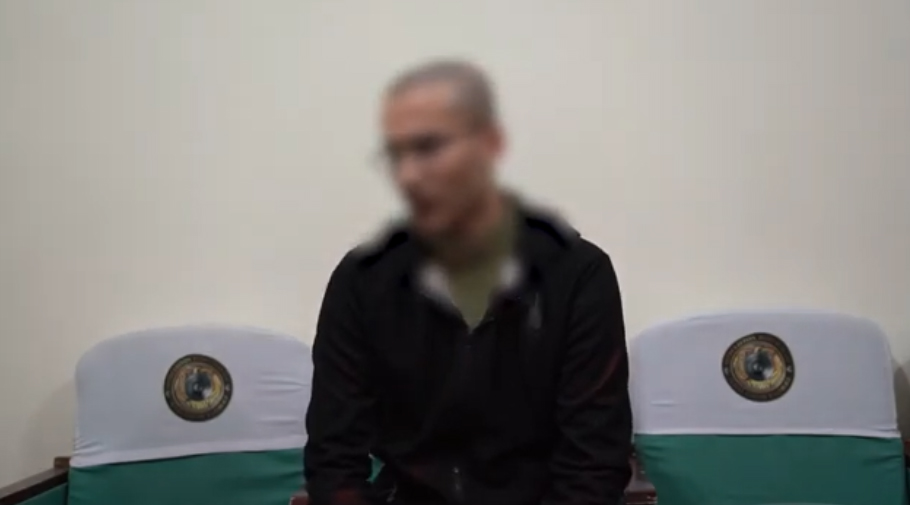This article is also available in:
Русский (Russian)
A record number of traffic violations has been recorded in the capital of Uzbekistan – the driver of a “Spark” managed to violate traffic rules 363 times! For all these violations, the driver has been fined a total of 240.8 million soums. However, despite the large debt, the offender categorically refuses to pay the fines.
According to the Chilanazar District Branch of the Bureau of Forced Execution, the driver was aware of his fines but had been avoiding paying them for a long time. In response, the Bureau declared the car wanted. During the search operation, it was discovered that the vehicle had been taken by its owner to the “Tashkent Index” car market in the Sergeli district, where he intended to sell it. The car was seized in the presence of witnesses.
At present, the vehicle has been put up for auction to cover the outstanding fines.
What needs to be done to prevent drivers from accumulating such a large number of fines?
It is clear that a driver who has violated traffic rules more than 360 times did so deliberately, fully understanding the consequences of his actions. The problem with such “repeat offenders” lies in insufficient control and a low level of responsibility for repeated violations. To prevent such cases, the following measures should be introduced:
- Tougher penalties for repeat offenses – drivers who systematically break the rules should not only face fines but also administrative measures such as temporary suspension of their driver’s licenses or seizure of their vehicles.
- Rapid response to unpaid fines – the longer a driver avoids paying fines, the higher the likelihood that they will continue to violate the rules. Swift measures should be implemented to collect debts, for example, by freezing bank accounts or other assets of the violator.
- Systematic monitoring of repeat offenders – drivers with multiple violations should be under constant surveillance by law enforcement agencies. This will help prevent further violations and reduce the likelihood of such incidents in the future.
The text has been translated by AI. For more accurate information, please refer to the Russian version of the article

